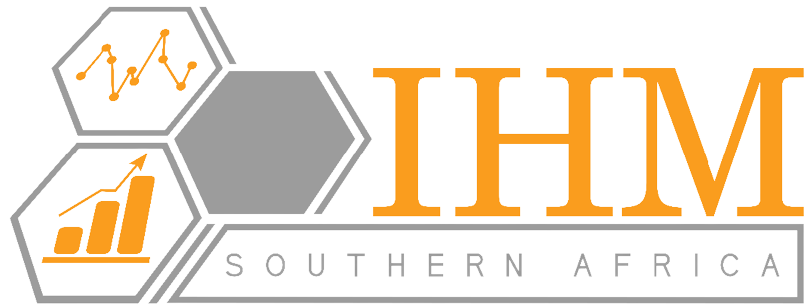AGYW Cash Incentives Study

In Swaziland, where HIV/AIDS remains a significant concern, the Sitakhela Likusasa Impact Evaluation sought to address the vulnerability of adolescent girls and young women through innovative approaches. This collaborative project between the Government of Swaziland, the World Bank, and IHM Southern Africa aimed to test the effectiveness of conditional cash incentives in promoting education enrollment, attendance, completion, and reducing higher-risk sexual behavior.
The evaluation’s findings demonstrated the critical role of education in HIV prevention. Higher educational attainment was associated with a substantial reduction in the risk of HIV and Trichomonas Vaginalis infections. IHM Southern Africa played a vital role in implementing the study protocol, collecting comprehensive data, and ensuring the retention of participants over the four-year period.
Working closely with national stakeholders, IHM developed a web-based data collection tool and a real-time analysis platform. They enrolled 4,300 participants, providing necessary referrals and treatment for HIV-positive and STI-positive individuals and their partners. Collaboration with the National Emergency Response Council on HIV/AIDS (NERCHA) and the Ministry of Education (MOE) facilitated the implementation of the education intervention, capturing relevant school enrollment and attendance data.
The Sitakhela Likusasa Impact Evaluation represents a commitment to evidence-based strategies for combating HIV/AIDS and empowering adolescent girls and young women. Through targeted incentives and education, this project drives positive social change, poverty reduction, and improved health outcomes in Swaziland. IHM’s expertise in data collection, analysis, and project management has been instrumental in ensuring the success and impact of the evaluation.
